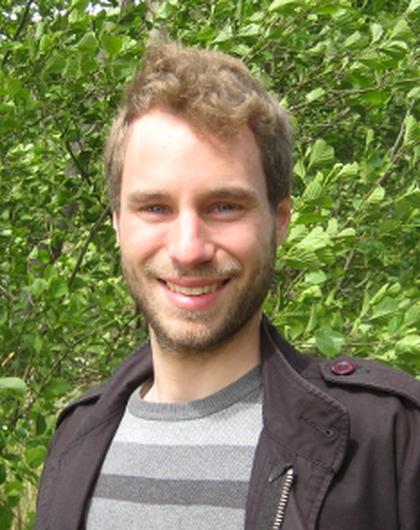Scholars
Finn Müller-Hansen
Mercator Research Institute on Global Commons and Climate Change
Based in
Germany
Europe
Finn Müller-Hansen is a researcher at the Berlin-based Mercator Institute on Global Commons and Climate Change working on applications of machine learning and bibliometric analysis on the scientific literature and discourses about energy transitions and climate policy. He applies methods from natural language processing and network theory to investigate the interplay of social, economic, and political factors in transformations towards a sustainable economy.

Country(ies) of Specialty
GermanyFocus areas of expertise
Climate policy and politics Geoengineering Social MediaPublications
Articles
Müller-Hansen, F., Lee, Y. T., Callaghan, M., Jankin, S., & Minx, J. C. (2022). The German coal debate on Twitter: Reactions to a corporate policy process. Energy Policy, 169(August), 113178.
Müller-Hansen, F., Callaghan, M. W., Lee, Y. T., Leipprand, A., Flachsland, C., & Minx, J. C. (2021). Who cares about coal? Analyzing 70 years of German parliamentary debates on coal with dynamic topic modeling. Energy Research & Social Science, 72, 101869.
Müller-Hansen, F., Callaghan, M. W., & Minx, J. C. (2020). Text as big data: Develop codes of practice for rigorous computational text analysis in energy social science. Energy Research & Social Science, 70, 101691.
William F. Lamb, Giulio Mattioli, Sebastian Levi, Timmons Roberts, Stuart Capstick, Felix Creutzig, Jan Christoph Minx, Finn Müller-Hansen, Trevor Culhane, & Julia K. Steinberger. 2020. “Discourses of climate delay,” Global Sustainability (July 2020).
Finn Müller-Hansen et al. 2019. “Can Intensification of Cattle Ranching Reduce Deforestation in the Amazon? Insights From an Agent-based Social-Ecological Model,” Ecological Economics (May 2019).
Finn Müller-Hansen et al. 2017. “Towards representing human behavior and decision making in Earth system models – an overview of techniques and approaches,” Earth System Dynamics (November 2017).
Finn Müller-Hansen et al. 2017. “A matrix clustering method to explore patterns of land-cover transitions in satellite-derived maps of the Brazilian Amazon,” Nonlinear Processes in Geophysics (February 2017).


